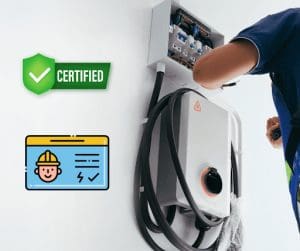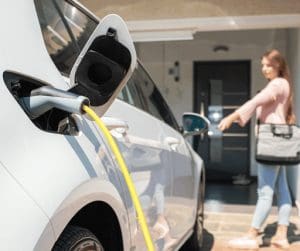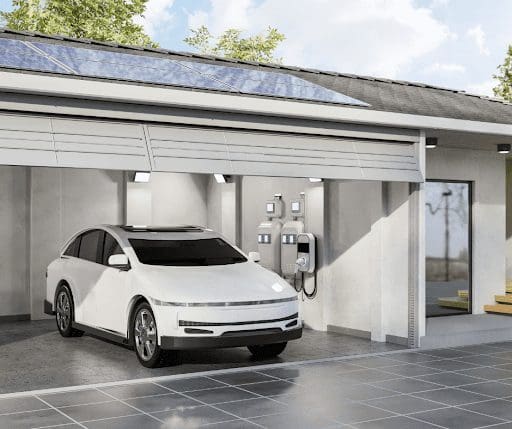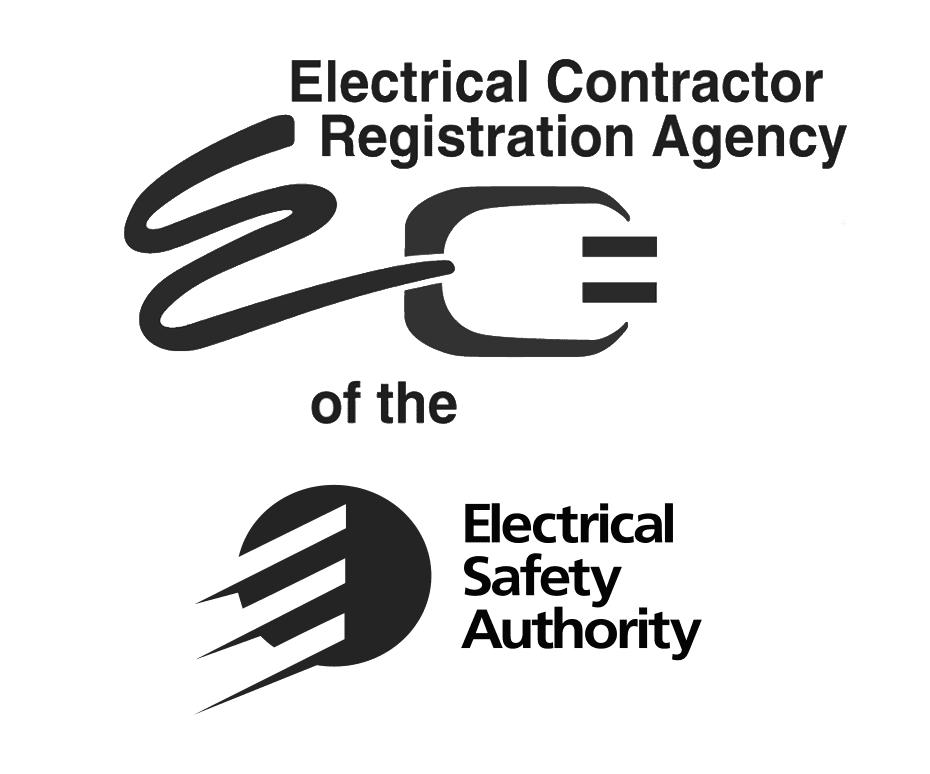As electric vehicles (EVs) surge in popularity, the demand for reliable and efficient EV chargers is on the rise. Understanding the installation and benefits of these stations is crucial for both current and prospective EV owners. This surge represents a significant shift in how we think about transportation and fuel consumption. The transition to EVs not only promises a cleaner, more sustainable future but also brings new challenges and opportunities in infrastructure development. As our roads adapt to this change, the presence of EV charging stations becomes a symbol of progress and environmental responsibility.
The Importance of Professional Installation
Licensed electricians ensure that installations meet electrical codes and handle the power requirements of EV chargers safely, which is crucial for preventing hazards and ensuring long-term functionality. Professional installation is also key for compliance with local regulations, which can significantly vary. Expert installers not only advise on suitable chargers but also assist with the necessary paperwork, including planning for permits required in Canada. This support is vital for navigating local laws and codes, making professional installation an indispensable part of the EV transition.

Types of EV Charging Stations
EV charging stations come in various forms: Level 1 chargers, ideal for overnight home use; Level 2 chargers, offering faster charging and suitable for both home and commercial use; and DC Fast Charging, the quickest option, primarily found in commercial settings. The choice depends on usage needs and vehicle compatibility. Level 1 chargers are the most accessible, requiring only a standard household outlet, while Level 2 chargers need a dedicated 240-volt circuit. The rapid DC Fast Chargers, though less common, are pivotal for long-distance travel, providing significant charge in a short time. Understanding these options allows EV owners to make informed decisions that align with their driving habits and charging needs.
Installation Process
The installation process involves several key steps: site assessment, electrical system evaluation, installation, and testing. Professional electricians play a vital role in each phase, ensuring the charging station is efficiently integrated into the existing electrical infrastructure. The site assessment identifies the optimal location for the charger, considering convenience and electrical accessibility. During the electrical system evaluation, electricians determine if upgrades are needed to support the charger. Finally, after installation, thorough testing ensures the charger operates safely and effectively, providing peace of mind for EV owners.

Benefits of Having an EV Charging Station
EV charging stations represent a significant step towards sustainable transportation. Considering the long-term advantages and the necessity of professional installation, they are an essential consideration for anyone looking to embrace the future of transportation. By adopting EV charging stations, individuals and businesses contribute to reducing carbon emissions, supporting renewable energy adoption, and decreasing reliance on fossil fuels. Furthermore, the presence of charging stations can increase the value of a property and signal a commitment to environmental responsibility. It’s a proactive move aligning with global trends towards cleaner, greener transport solutions. Trust a professional to install your home EV charger – ensuring reliability, safety, and optimal performance for your electric vehicle.


